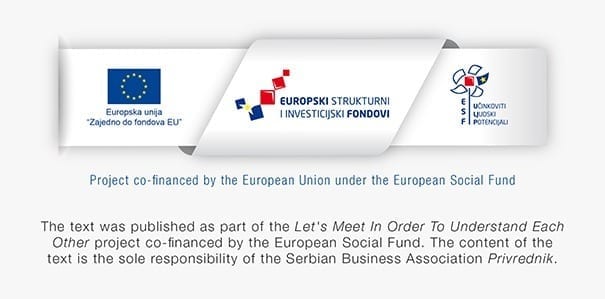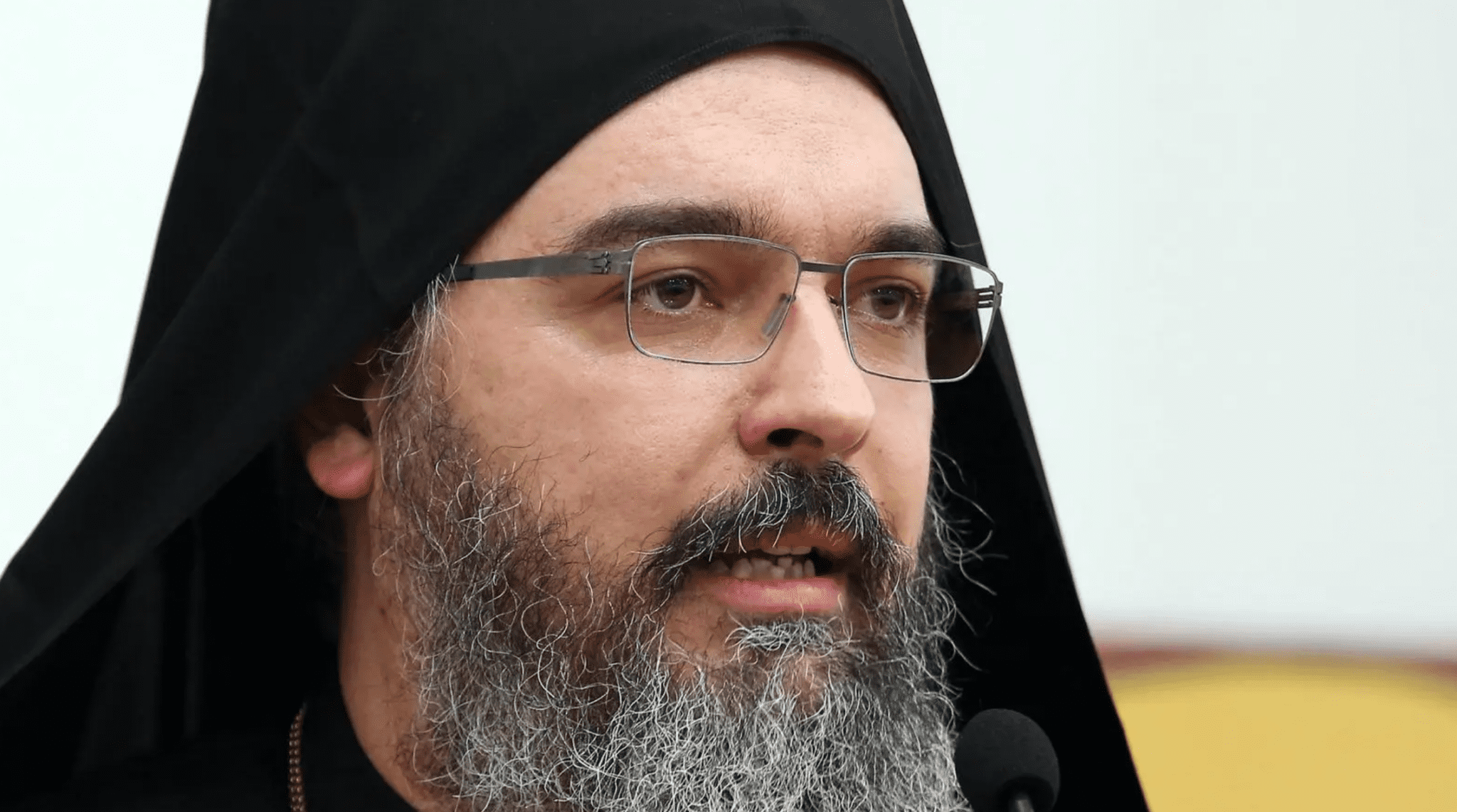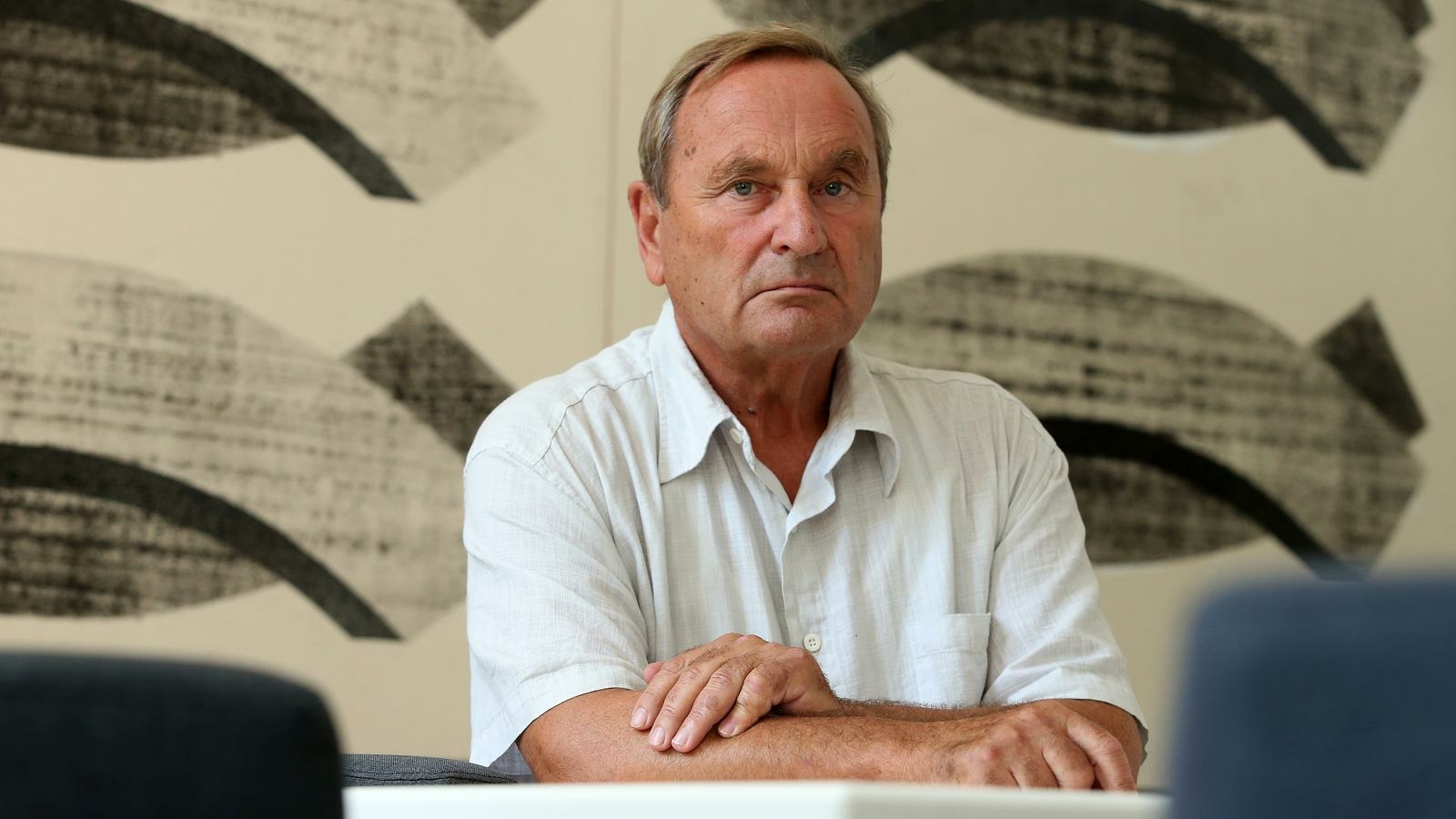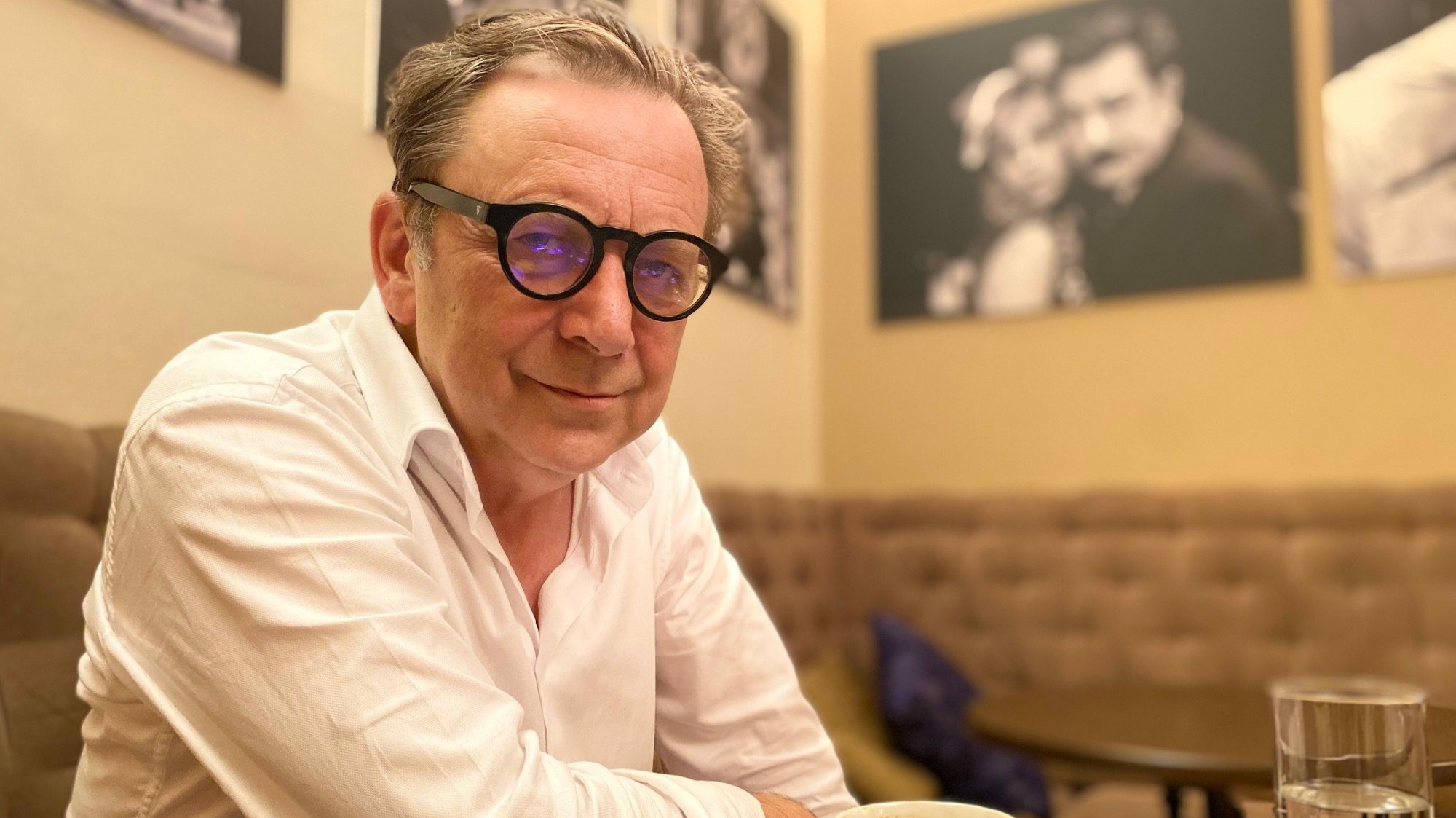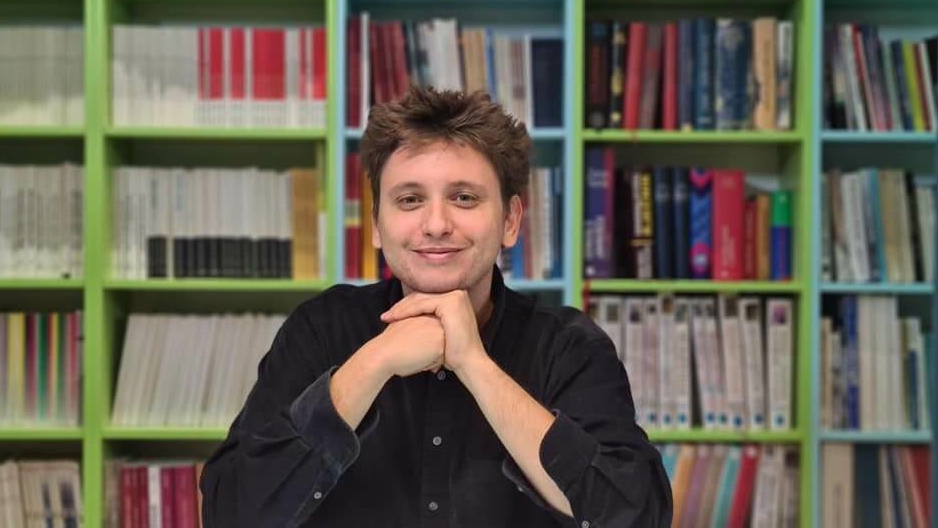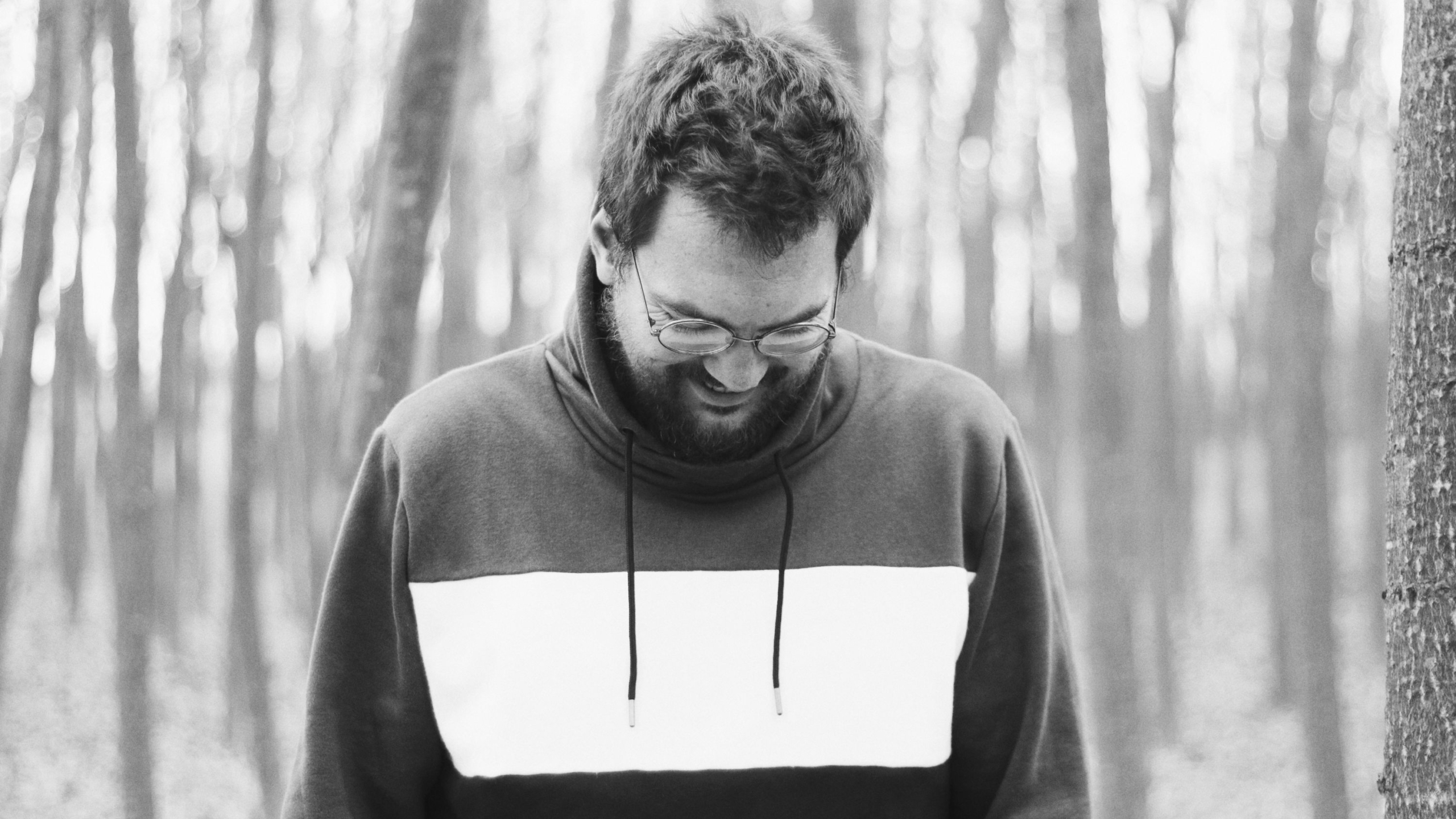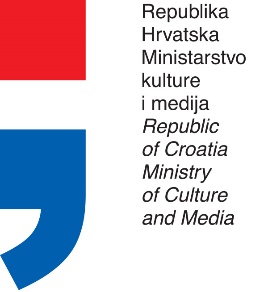How will Orthodox Christians celebrate Easter this year? What is the true meaning of this holy day for them, how important is Christian belief in their lives and how present or necessary is it in today’s traumatic time and alienated world? We talked about this to Nikodim (Kosović), the Bishop of Dalmatia of the Serbian Orthodox Church.
How do Orthodox believers, with their own traditions and culture in different parts of Dalmatia, celebrate Easter?
Easter is above all a celebration of joy, and that joy is the common thread that connects all Christians, regardless of the region they live in and other differences. Of course, there are elements characteristic of our region and even different places in Dalmatia. The foundation of Easter is coming together in prayer and rejoicing at each other in churches, not only on the day of the Holy Resurrection of Christ but also before and after (from Lazarus Saturday to Thomas Sunday). The period of the Easter fast ends with the communion at the Divine Liturgy, when celebration begins, enriched by various local and family traditions and customs. People traditionally end the fast by eating a boiled egg, and in the coming days, they knock eggs, commonly dyed red on Good Friday – a custom especially beloved by the youngest. In the coming period, we greet each other with the most joyous of Christian greetings: “Christ is risen! Truly He is risen!” While some spend Easter with their families, in other places, various events are organized, such as the egg knocking competition.
How old is this spiritual tradition of Orthodox believers in this region?
The celebration of Easter is deeply rooted in the tradition of Orthodox Serbs and all Orthodox Christians. The celebration of the holy day of the Resurrection of Christ has always been the greatest and most important holy day for Christians. A holy day of holy days, as we say. It is a holy day which is the true new year for the Church; everything starts with this day and runs towards it; everything reaches its completion and fulfillment in this holy day, and it is the source of everything. This day is the alpha and omega for us, the beginning and end. Christians once prepared for their baptism through the Great Fast; they were baptized on Easter, which, for them, was the beginning of a new life in Christ and the whole meaning of that life – the victory over death, expressed almost defiantly by St. Paul the Apostle with the words: “Where, o death, is your sting? Where, o Hades, is your victory?” It is, therefore, no wonder that the resurrection of Christ is the center of our religion, for, in the words of Paul the Apostle: “For if the dead do not rise, then Christ has not risen either. And if Christ has not risen, your faith is futile: you are still in your sins. Then also those who have fallen asleep in Christ have perished. And if in this life only we have hope in Christ, we are of all men the most pitiable. But Christ has indeed risen from the dead and has become the firstfruits of those who have died” (1 Cor. 15:16-20). We must remember to emphasize that death was killed with the resurrection of Christ, that Hell was destroyed and that everlasting life began (the seventh song of the Paschal Canon). Death was destroyed and has become only one painful step on our path to everlasting life.
What does this tradition of celebrating Easter look like in a specific place, for example, at Krka Monastery?
We prepare for our greatest holy day through the Great Fast. The church service at this time, extremely repentant in character, instructs us in this. Monks and all Christians prepare for the celebration of the holy day through the holy liturgy. We must not forget the fast or the liturgies of the last week, in which we depict the saddest events in the life of Christ – the crucifixion and death on the cross. The resurrection is anticipated at the Holy Saturday liturgy, when the church of the monastery is adorned in white and flowers to express with beauty our joy in the moments of Christ’s resurrection, which is also the image of our resurrection and of the resurrection of all God’s substance. For, Christ comes into the world to save the creatures of God, all of substance. His resurrection, according to the divine economy, is such that He, God, resurrects us for the sake of our salvation to show that He is the living God, God who came to save the world and show the way to everlasting life. The Paschal Vigil and Divine Liturgy traditionally begin at 11 p.m., when numerous believers from Dalmatia and beyond gather at this holy place. During the liturgy, the Paschal bread, dyed eggs and cheese that will be eaten later are blessed. After the liturgy, the priests and the faithful gather in the courtyard of the monastery, spending a joyous time knocking eggs and helping themselves to refreshments. Easter is one of the great holy days that make Krka Monastery a place of reunion for many Dalmatians, both those still living in our dear Dalmatia, as the great Bishop Milaš used to call it, and those scattered throughout the world, who meet here, often after many years, and see their friends and relatives again. At noon on Easter Sunday, the Vespers of Love service is held, and a section of the Gospel of John is read in several languages, testifying to the universal nature of the message of the Gospel, intended for every person in this world.
Every man is a brother in Christ
How do Orthodox believers you address take the words from the Bible that we should no longer be Greeks or Jews, but should all be one in the Lord?
The words of the Holy Scripture are often difficult for us all, not only nonbelievers but also us Christians. And the most difficult of all is to fulfill the Gospel and its teachings that tell us how to become men in order to become good Christians as well. The Gospel teaches us that we must love all people regardless of their religion or nation. The love for God and our fellow men is our blessed imperative. And these words are very relevant in our region today, both in a religious and in a political context. Although these words primarily refer to the time to come, the Kingdom of Heaven, they suggest that we should practice this unselective love in this world already and regard all people as our close ones. For us, every man is important, every man, even the least, is our brother in Christ, for we are all “the least of the brothers of Christ”, and through these least of the brothers of Christ we can seek “the Lord and perhaps touch and find him, though He is not far from any of us” (Acts 17:27). This interpretation has been built for centuries, and we continue to do so. History attests to the fact that our region has for centuries been enriched by multiethnicity and multiculturality; therefore, we may freely say that Orthodox believers in Dalmatia have been living these words for centuries and that they are not unfamiliar to them. I remember that we, as children, visited our godfathers and friends who were Catholic on Good Friday and Christmas Eve, on name days and birthdays, and they likewise visited us. We all lived alongside each other in joy and love and experienced different life events together. People in this region have lived that way for centuries. I can personally attest that I still live this way with friends.
You once said that what you believe in as an Orthodox priest is the responsibility for every soul entrusted to you. What do you mean by that?
As Paul the Apostle says: “I have become all things to all people so that by all means I might save some” (1 Cor. 9:22). The responsibility means that we preach the Gospel to every person by witnessing for it with our own life. When I say responsibility, I don’t mean a mere legal obligation but love for every human being. To serve God is to care for and bring the whole of nature to God (Christian ecology), while serving people can mean the care for souls entrusted to us but also the care for every person as an icon of Christ. When I say “entrusted”, I say that in the context of priests being intermediaries between God and people. Such an understanding inspires great trust in believers towards priests; believers expect priests to direct them to the path to God through their actions and living word. On the other hand, this understanding often represents a great challenge and responsibility for priests. However, Lord Jesus Christ himself teaches us about the responsibility for every soul in the story of the lost sheep: “If a man has a hundred sheep, and one of them has gone astray, does he not leave the ninety-nine on the mountains and go in search of the one that went astray? And if he finds it, truly, I say to you, he rejoices over it more than over the ninety-nine that never went astray. So it is not the will of your Father who is in heaven that one of these little ones should perish” (Matt. 18:12-14).
The modern world is marked by the abandonment of God
What is your view of the world today, which is largely secular and profane and in which a certain person tries to find a way to God?
As our folk saying goes, every age carries its burden, and so this age we live in has its advantages and disadvantages over some other period in history. We must not forget that we Christians are not of this world and that this world will hate us, according to the word of the Lord. The Lord warns us that this world hates us because we are His disciples: “If the world hates you, know that it has hated me before it hated you. If you were of the world, the world would love you as its own; but because you are not of the world, but I chose you out of the world, therefore the world hates you” (John 15:18-19). These Christ’s words, written down by John, the apostle of love, most clearly describe the position of anyone who takes the path Christ called us to. With this decision and this act, this world and its history become a path filled with trials and struggles for us. Throughout history, the Church ethos sometimes and only in some segments corresponded with civilizational values of the time. This was truest for humanism although it, too, has its limits because it placed the imperfect man in the center of its worship instead of the one and perfect God. Still, it was an anticipation of some kind of social care for mankind. Everything that godless civilization with all its achievements can offer mankind is not the true answer – the one that Dostoevsky pondered – to those eternal, essential questions. For man wonders, and the icon of God in him and his holy purpose do not let him be deceived by false answers. Man and the entire creation of God are intended for eternity, and that is why they suffer in a world where values are twisted, confused and renamed so that man keeps quiet and doesn’t rebel. And many accept that, get carried away and even believe they are powerful enough to decide on matters of life and death. The modern world is marked by the abandonment of God, and it tries to redeem its treason with hatred for the Church and all the values it stands for. Still, even in the hardest times for the Church, it has always been open to those who expose the lie and search in their hearts for the forgotten memory of true values, the free grace that is in our hearts, in the words of the wonderful father Tadej: faith, love and hope. With these forces of love, man embarks on a cross-like path, the path that Christ showed us on Golgotha, the only path that leads to man’s salvation and eternal life.
What role does time play in all of this, the time that always flows, often filled with worries and fears?
It is true that the modern age brings various distractions that can separate man from God, but we must also keep in mind that there never was an “ideal time” for the life of people or the Church. Precisely this imperfection is the characteristic of this world, and, in a way, it gives us the opportunity to prove ourselves, to make an effort despite everything that separates us from the Lord and earn salvation through our faith, goodness and perseverance. Secular life has and always will carry with it various obstacles that can lead us away from the right path, but what is important is a fact that never changes – that man has needed God from the beginning of the world to this day. Despite all troubles, hunger, wars and diseases, people have always turned to the Lord and expected from him mercy, help and consolation, and that is something that no age, rule or social order will ever be able to change. This is the deeply rooted need in every man, who is above all a godlike being, to feel loved and a part of something much more important than him- or herself, and to know that he can always return to God no matter how much the circumstances of life might separate him from Him, for the Lord, like a caring father, always receives into his arms every repentant child. That is why every time for us Christians is the time in which we await and expect the Second Coming of Christ. Every moment of our lives, which we have been blessed with by God, is a gift from God, given so that we may grow more like Him and, rejoicing at and awaiting His coming, love and rejoice at each other until we finally stand before the Face of the Lord in the hope that we will become the children and heirs to the Kingdom of Heaven.
How can believers today engage in dialogue with people who are far from any religion and spirituality?
If we take as our starting point that for us Christians love is the basic imperative, chief law and driving force for all our actions, we can answer that question easily. The Gospel teaches us not to judge or hate anybody because all people, believers and nonbelievers, are our brothers and sisters in Christ. One of the basic qualities of true faith in the Lord is this inexhaustible love for our fellow men, from which arise the patience and understanding that enable us to put ourselves in another’s position and understand why they think and act the way they do, as wrong as it may seem to us. If we can do that, then we can find a way to approach those who at first seem completely different, even opposite, to us. For us believers, there is no greater joy than seeing a person who was far from the faith in Christ return to his Father and receive into his life the grace of the Lord. Still, even if that doesn’t happen, we mustn’t condemn anyone but pray even more for that person, keeping in mind that their “conversion” can happen at any moment in life, even in the moment of death, and that the Lord patiently waits to shine his love on every soul that wants to get close to Him.
Egoism is in the root of every evil
At the same time, the world today seems to be an unhappy place dominated by selfish interests, terrifying technology and growing global divisions that threaten with an all-out war. Should we fear or believe?
As I have said, various troubles and threats are a common factor of the entire human history, and we shouldn’t deceive ourselves thinking that the world today is essentially different from the world in, let us say, Christ’s time. The essence of conflict and the reason for such events is the immutability of human nature, which became susceptible to the influence of sin with man’s fall from Heaven. As the Holy Scripture says, we live in a world “which lies in evil”. That is why we are constantly torn between the divine in us and sin, which often takes alluring forms that tempt and encourage us to put ourselves and our gain above everyone and everything else, which is the premise in the root of every evil. This fallen nature and our proclivity to sin are used by the great mages, the creators of geostrategic, political and global changes, who run everything in the name of progress, bringing to the brink of destruction everything God had in mind when He created man and the whole of creation. We are witnesses to an all-encompassing pollution of nature and, above all, of the spiritual treasure that has lived in us through generations as a beating heart. The subjects of culture, ethics, education, the raising of children and the preservation of the sanctity of marriage – everything that people once cared for, talked and wrote books and studies about – are avoided today. Today, we are witnessing a tremendous acceleration of time and of the dynamic of life that even young people find it hard to keep up with. Of course, it is all aided by modern technologies, which have completely alienated people from each other, not to mention how “there is no time” for God.
It seems we are living in quite uncertain times?
If we have faith in the Lord, we will certainly believe that He will protect us and lead us to the right path, but we must also be aware that this is not possible without our effort and sacrifice. Only when we incorporate the principles of the Gospel in our daily lives and they become something normal and usual to us will our prayers reach their full potential and our repentance be sincere. The Lord does not want us to be believers only in form but asks that we receive Him into our hearts, become aware that there is a piece of the divine in every man and treat each other accordingly. Ancient proverbs say that “you have seen your brother, you have seen your God”, and only when we understand the true meaning of these words and start living in accordance with them can we be sure that we have nothing to fear.
Let us be as innocent as children
Can we all be saved by what the Bible says: “be like children”?
We believe in that! The words of Lord Jesus Christ: “Truly, I say to you, unless you turn and become like children, you will never enter the Kingdom of Heaven” (Matt. 18:3) teach us to preserve within us, despite the terrible trials of life, the innocence, simplicity and purity of children. This might seem impossible, for the burden of pain, suffering and the pressures of life saps man’s vigor, dulls his spark, encumbers his mind and oppresses his heart. And man bends under the burden of life, fears and troubles. But let us remember the holy, righteous and much-suffering Job. Are our temptations greater? Are there greater temptations for man than those that Job endured? And still, he did not lose his faith. Therefore, it is not easy, but when we understand with our minds and hearts that there is no true joy in this world – only moments of bliss and meetings in love, the recognition of love and the mystery of God in others, in nature and art that yearn for God – then we understand those are moments that offer man consolation in this world. For the Lord does not want to make us desperate but wants us to be beings of faith and hope. He sends us gifts through which we speak to Him, sometimes unconsciously. We speak to Him through prayer, music, poetry, art, dance and celebration of life. This is a joy children naturally have. They feel people in their innocence and unmistakably know a good man from a bad. They do not fear animals but approach them meekly. A child’s tear is the most expensive in the world, to quote the great Dostoevsky again. There are no calculations or trade in a child’s mind. A child’s love cannot be bought. And the Lord also says: “Let the children come to me; do not hinder them, for to such belongs the Kingdom of God” (Mark 10:14). It is sad that adults have forgotten what it is like to be a child, as the Little Prince tells us. Therefore, on the most joyous of holy days, we, too, call on everyone to be like children, for that is the sure road to salvation!
What is your message to believers in these festive days and on Easter itself?
For Orthodox Christians, Good Friday is a day of quiet, a day of sorrow but also a day filled with faith and the hope in Christ’s resurrection. This day is described in the church song sung on Holy Saturday, whose words certainly concern Good Friday as well: “Let all matter fall silent and stand trembling with fear, and let nothing of the earth think for itself, for the King of kings and the Lord of lords comes to be slaughtered and give Himself as food to the faithful; and before Him go angelic choirs with all their authority, the many-eyed cherubim and the six-winged seraphim, covering their faces and crying the song: hallelujah, hallelujah, hallelujah.”
Easter morning, the morning when Christ rose from the dead, is for Orthodox believers the most joyful morning, which begins with the most solemn of liturgies. Just as Good Friday is filled with faith and the hope in resurrection, so Easter cannot pass without the mention of the Cross and Christ’s sacrifice. Like every year, we must be honest with the faithful and talk about the cross each of us must bear, be it light or not, for the Lord Himself tells us: “If anyone would come after me, let him deny himself and take up his cross and follow me” (Matt. 16:24). However, such a reality should not frighten us, for if we look a little ahead and realize what awaits us is resurrection, what awaits us is life and not death, joy and not sorrow, eternity and not transient time, with faith and hope in Lord Jesus Christ we will bear this cross much easier. Therefore, the meaning of all words can only be the hope that the resurrection of Christ will fill all our hearts so that we may see the only true path, the path that leads to everlasting life, to the Kingdom of Heaven, for it is the only reality every believer should aspire to.
Christ is risen! Truly He is risen!
Translation from Croatian: Jelena Šimpraga
